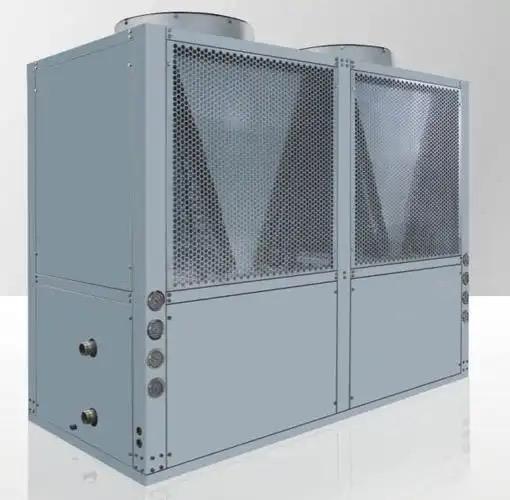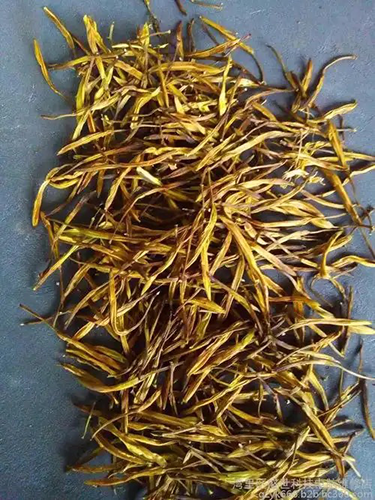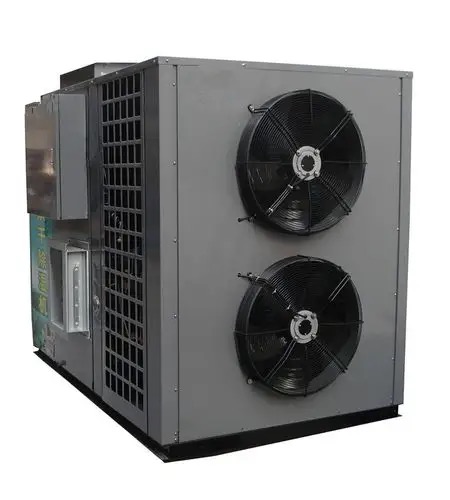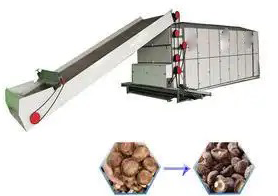
Content Menu
● Introduction
● Understanding Heat Pump Dryers
● How Heat Pump Dryers Work
● Energy Savings with Heat Pump Dryers
● Factors Contributing to Energy Savings
● Benefits of Using Heat Pump Dryers in Food Processing
>> 1. Enhanced Quality of Dried Products
>> 2. Versatility
>> 3. Environmentally Friendly
>> 4. Cost-Effectiveness
>> 5. Improved Safety and Hygiene
● Choosing the Right Heat Pump Dryer
● Conclusion
● Frequently Asked Questions
>> 1. What types of food can be dried using heat pump dryers?
>> 2. How much energy can I save by using a heat pump dryer?
>> 3. Are heat pump dryers suitable for large-scale food processing?
>> 4. Do heat pump dryers require special maintenance?
>> 5. What is the initial cost of a heat pump dryer?
Introduction
In recent years, the demand for energy-efficient appliances has surged, particularly in the food processing industry. As a leading manufacturer of food dryers in China, we understand the importance of energy savings for our clients, including OEM brands, wholesalers, and producers. This article explores the benefits of using heat pump dryers in food drying processes, focusing on how they can significantly reduce energy bills while maintaining high-quality results.

Understanding Heat Pump Dryers
Heat pump dryers are a type of drying technology that utilizes a refrigeration cycle to remove moisture from food products. Unlike traditional dryers that expel hot air, heat pump dryers recycle the air within the system, making them more energy-efficient. This technology is particularly beneficial for drying fruits, vegetables, herbs, and other food items, as it operates at lower temperatures, preserving the nutritional value and flavor of the products.
How Heat Pump Dryers Work
Heat pump dryers operate by extracting moisture from the food through a series of processes:
1. Air Intake: The dryer draws in ambient air, which is then heated by a compressor.
2. Moisture Extraction: The warm air is circulated through the drying chamber, where it absorbs moisture from the food.
3. Condensation: The moisture-laden air is then passed through a condenser, where it cools down, causing the moisture to condense into water.
4. Recycling: The dry air is reheated and recirculated back into the drying chamber, continuing the process until the desired moisture content is achieved.
Energy Savings with Heat Pump Dryers
One of the most significant advantages of heat pump dryers is their energy efficiency. Traditional drying methods can consume a substantial amount of energy, leading to high operational costs. In contrast, heat pump dryers can reduce energy consumption by up to 50% compared to conventional dryers. This reduction in energy usage translates directly into lower energy bills for food processing businesses.
Factors Contributing to Energy Savings
1. Lower Operating Temperatures: Heat pump dryers operate at lower temperatures, which not only saves energy but also helps preserve the quality of the food being dried.
2. Recycling Air: By recycling the air within the system, heat pump dryers minimize the need for additional heating, further reducing energy consumption.
3. Efficient Moisture Removal: The ability to remove moisture efficiently means that food can be dried faster, leading to shorter processing times and lower energy costs.
Benefits of Using Heat Pump Dryers in Food Processing
1. Enhanced Quality of Dried Products
Heat pump dryers are designed to operate at lower temperatures, which helps retain the nutritional value, color, and flavor of the food. This is particularly important for products like fruits and vegetables, where high temperatures can lead to nutrient loss and undesirable changes in taste and appearance. For instance, dried fruits retain their vibrant colors and natural sweetness, making them more appealing to consumers.
2. Versatility
Heat pump dryers can be used for a wide range of food products, including:
1. Fruits (e.g., apples, bananas, berries)
2. Vegetables (e.g., carrots, tomatoes, peppers)
3. Herbs and spices
4. Meat and fish
This versatility makes them an excellent choice for food manufacturers looking to diversify their product offerings. Additionally, the ability to dry various products in one machine reduces the need for multiple drying systems, saving space and resources.

3. Environmentally Friendly
By significantly reducing energy consumption, heat pump dryers contribute to lower carbon emissions. This aligns with the growing trend towards sustainability in the food industry, where consumers are increasingly concerned about the environmental impact of their food choices. Using energy-efficient equipment not only helps businesses meet regulatory requirements but also enhances their brand image as environmentally responsible.
4. Cost-Effectiveness
While the initial investment in a heat pump dryer may be higher than traditional drying equipment, the long-term savings on energy bills and the enhanced quality of the dried products can lead to a favorable return on investment. Businesses can save thousands of dollars annually on energy costs, making heat pump dryers a cost-effective solution in the long run. Moreover, many governments offer incentives for businesses that invest in energy-efficient technologies, further offsetting the initial costs.
5. Improved Safety and Hygiene
Heat pump dryers operate in a closed system, which minimizes the risk of contamination from external sources. This is particularly important in the food industry, where maintaining hygiene standards is crucial. The controlled environment of a heat pump dryer helps prevent the growth of bacteria and mold, ensuring that the dried products are safe for consumption.
Choosing the Right Heat Pump Dryer
When selecting a heat pump dryer for food processing, several factors should be considered:
1. Capacity: Choose a dryer that can handle your production volume. Larger capacities may be necessary for high-output operations.
2. Temperature Control: Look for models with precise temperature control to ensure optimal drying conditions for different food products.
3. Energy Efficiency Ratings: Check for energy efficiency certifications to ensure you are investing in a high-performance machine.
4. Maintenance Requirements: Consider the ease of maintenance and availability of service support to minimize downtime.
5. User-Friendly Features: Features such as digital controls, automatic moisture sensors, and programmable settings can enhance usability and efficiency.
Conclusion
Heat pump dryers represent a significant advancement in food drying technology, offering substantial energy savings and improved product quality. For food manufacturers, investing in a heat pump dryer can lead to lower energy bills, enhanced product quality, and a more sustainable operation. As a leading OEM manufacturer of food dryers in China, we are committed to providing high-quality heat pump dryers that meet the needs of our clients in the global market.

Frequently Asked Questions
1. What types of food can be dried using heat pump dryers?
Heat pump dryers can be used for a variety of foods, including fruits, vegetables, herbs, and even meats.
2. How much energy can I save by using a heat pump dryer?
Heat pump dryers can reduce energy consumption by up to 50% compared to traditional drying methods.
3. Are heat pump dryers suitable for large-scale food processing?
Yes, heat pump dryers are available in various capacities, making them suitable for both small and large-scale operations.
4. Do heat pump dryers require special maintenance?
While they require regular maintenance like any other equipment, heat pump dryers are generally easy to maintain with proper care.
5. What is the initial cost of a heat pump dryer?
The initial cost can vary based on capacity and features, but the long-term energy savings often justify the investment.












